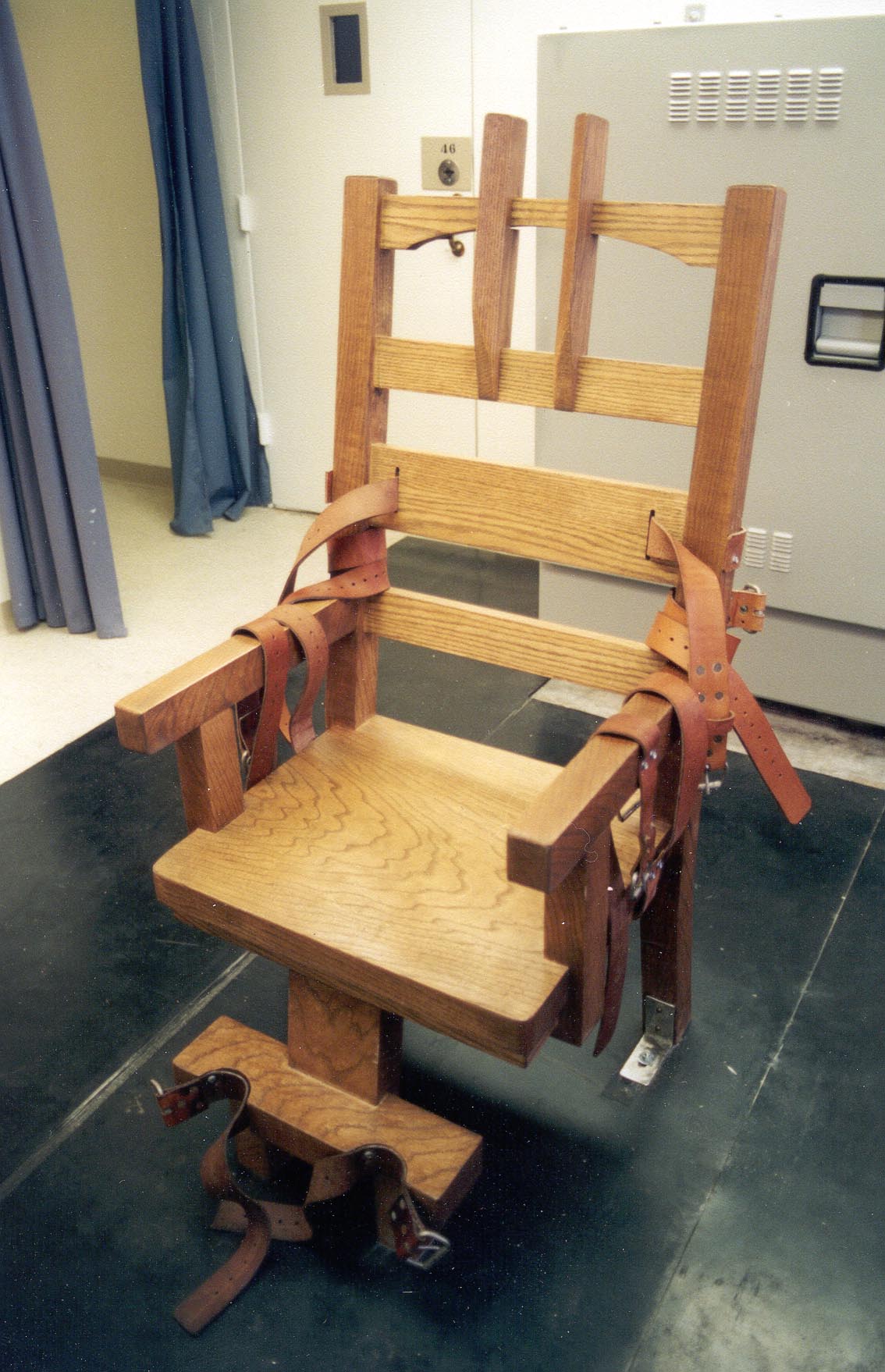So often it is easy to turn a blind eye to injustices that do not affect us. It is even easier to turn a blind eye to injustices that affect only the most abhorrent people, or those that we, justly or not, have condemned as abhorrent, namely, death row inmates. The Autobiography of an Execution by David Dow sucks you into this world and spits you out unable to turn a blind eye anymore. This is a memoir by a Law Professor from Houston that solely works on death row appeals and as the author often reminds us, this can be a very bleak life at times. The book should not be solely classified a memoir because it is more than that, it’s really a condemnation of the American death penalty and how it’s currently implemented.
Dow takes great measures to make sure that the lawyer-client privilege is not breached so many of the names and events are a mixture of different cases, yet one never gets the sense that Dow is fictionalizing anything or is subject to exaggeration. The grit of the book centers around one of his clients who beyond any reasonable doubt appears to be innocent, yet despite that is still sentenced to die. Dow explicitly recounts throughout the book how the legal system fails on every level from the initial trials all the way through to the Supreme Court and the appeals to the Governor. It will probably be a shock for most readers to read about trial lawyers who sleep through most of a capital murder case, or appeals courts that abruptly close at 5:00 so Judges can go out at night, or Governors that appoint cronies to the Board of Appeals and instruct them to deny, deny, deny regardless of any merit an appeal may have. The book is mostly an indictment on the execution happy State of Texas because that’s where Dow practices and that’s where the death penalty is the most egregiously applied, however, it really could be anywhere in America. Dow does a wonderful job of highlighting the indifferent and barbaric system and the people in it who are complicit.
The fault of this book probably lies with the style and memoir aspect of the writing. The author inserts himself as a subject, obviously because it IS his memoir, however he’s often not too appealing of a subject. Dow comes off sometimes as overly self-aware and a tad pretentious, especially through some of his verbose tangents like his dream on page 81. It’s somewhat difficult for me to criticize the author too much on this point because his message is spot on; it just comes in a slightly grating manner. In Dow’s defense, this memoir was probably a very personal work as well, I’m sure he’s qualified enough to write a straight legal treatise on the problems of the Texas death penalty.
The Autobiography of an Execution leaves the reader feeling as Dow must every time one his clients is murdered by the state, hopeless. Yet Dow keeps going on to the next case, trying to secure little victories and extensions, the reader might too try to secure little victories by exposing others to one of our nation’s dirtiest little secrets, the death penalty. An argument can be made for the death penalty being just or moral; however, after reading this book it’s impossible to make an argument that the death penalty as currently implemented is either just or moral.
